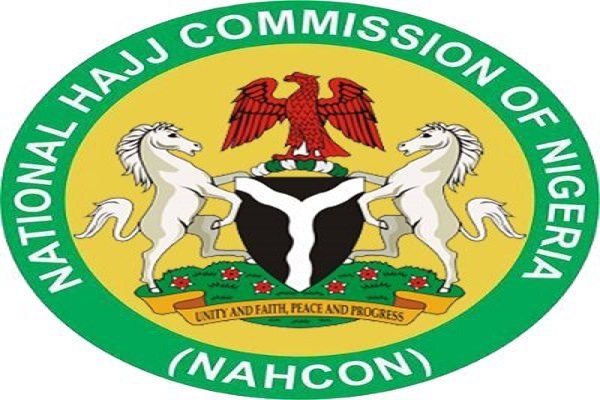As the curtains fall on the 2025 Hajj exercise, it is only fitting to publicly commend the National Hajj Commission of Nigeria (NAHCON) for its remarkable coordination, logistics planning, and unwavering dedication throughout the Mashair phase of this year’s pilgrimage.
For many Nigerian pilgrims, the Mashair — the most physically demanding and spiritually significant portion of Hajj — has often been marred by overcrowding, disorganisation, and lapses in service delivery. However, this year marked a noticeable departure from that norm. From Mina to Arafat and Muzdalifah, the movement and welfare of pilgrims were handled with efficiency, empathy, and evident preparedness.
One of the most commendable aspects was the proactive presence of Nigerian officials on the ground. For the first time in recent memory, Nigerian tents in Mina were not just accessible, but sufficiently spacious and well-coordinated. Pilgrims were guided with clarity, water and basic health services were readily available, and emergency response units remained visibly stationed around high-traffic points.
Equally praiseworthy was the role of the NAHCON medical team, which ensured that elderly pilgrims and those with health conditions received timely intervention — a feat that undoubtedly saved lives in the sweltering heat of the Saudi desert. Their setup in Arafat was particularly efficient, with well-trained volunteers and health workers actively monitoring pilgrims for signs of heat exhaustion and fatigue.
The transportation of pilgrims from Makkah to Mina, then to Arafat and back through Muzdalifah, was another area where improvement was clearly visible. Unlike in previous years where long delays and miscommunication plagued the process, this year saw a smooth, structured operation. Buses were deployed in a timely fashion and coordinated effectively with Saudi authorities.
Credit must be given to the current NAHCON leadership, under the stewardship of Chairman/CEO Malam Jalal Ahmad Arabi, whose calm and methodical approach appears to have set a new tone for Hajj administration. His commitment to transparency and accountability was reflected in the constant updates and visibility of Nigerian officials across the Mashair axis.
Of course, no operation of this magnitude is without its challenges, but the responsiveness shown by NAHCON staff and the evident collaboration with the Saudi Ministry of Hajj demonstrated maturity and progress. Even where issues arose, they were met with swift action and honest communication — a rare but welcome development in public service.
This personal commendation is not merely ceremonial. It is born out of lived experience and verified observations shared by pilgrims and volunteers alike. The 2025 Hajj Mashair operation was a delicate test of leadership, logistics, and compassion — and NAHCON passed it with distinction.
Moving forward, it is hoped that this standard will not only be sustained but improved upon. Nigerian pilgrims deserve a system that respects their devotion and upholds their dignity. If this year is anything to go by, that future is now within reach.
